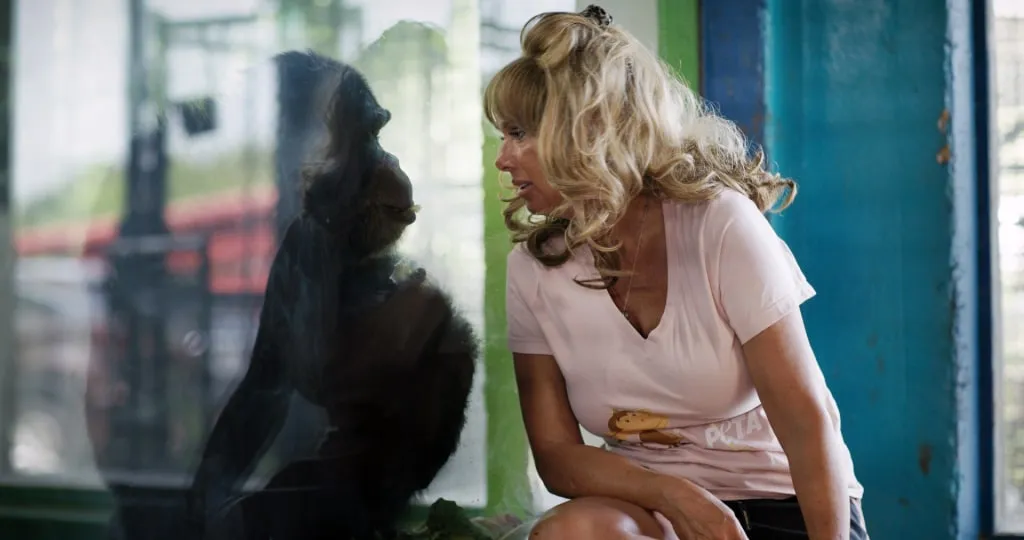Chimp Crazy: The Dark Truth Behind Keeping Primates as Pets

Chimp Crazy: An Insight into Primates as Pets
The popular docuseries Chimp Crazy explores the harrowing conditions chimpanzees endure as pets in private homes across America. Through a four-part series, it showcases the grim fate of primates forced into lives of unfulfilled needs, denied of their natural behaviors.
The Impact of Misguided Affection
Despite the sincere claims of love from pet owners, Chimp Crazy questions the real effects of treating these wild animals as human companions. These primates thrive in their natural environments and not among everyday household items.
Unsafe Encounters and Legislative Challenges
With a history of over 300 dangerous incidents involving pet primates, Chimp Crazy highlights an urgent safety concern. Past attacks, including a tragic incident in 2009 leading to motivations for federal legislation, underline the pressing need for protective measures.
Possible Solutions and Call to Action
Sanctuaries like the one operated by the Humane Society of the United States aim to rehabilitate these animals, but ultimately society must address the broader issue of exotic pet ownership. Failure to act risks not just the well-being of primates, but also public safety.
Final Thoughts
With the airing of the final episode, Chimp Crazy serves as a stark reminder. As viewers reflect on their understandings of love and companionship, it's vital we advocate for wild animals like primates and pave the way toward compassionate laws and proper care.
This article was prepared using information from open sources in accordance with the principles of Ethical Policy. The editorial team is not responsible for absolute accuracy, as it relies on data from the sources referenced.